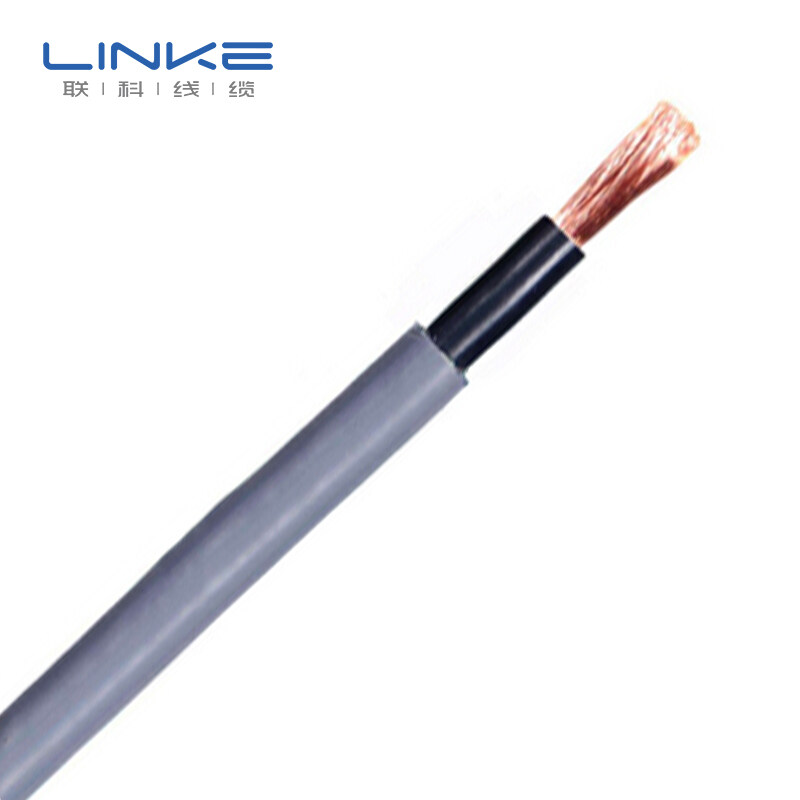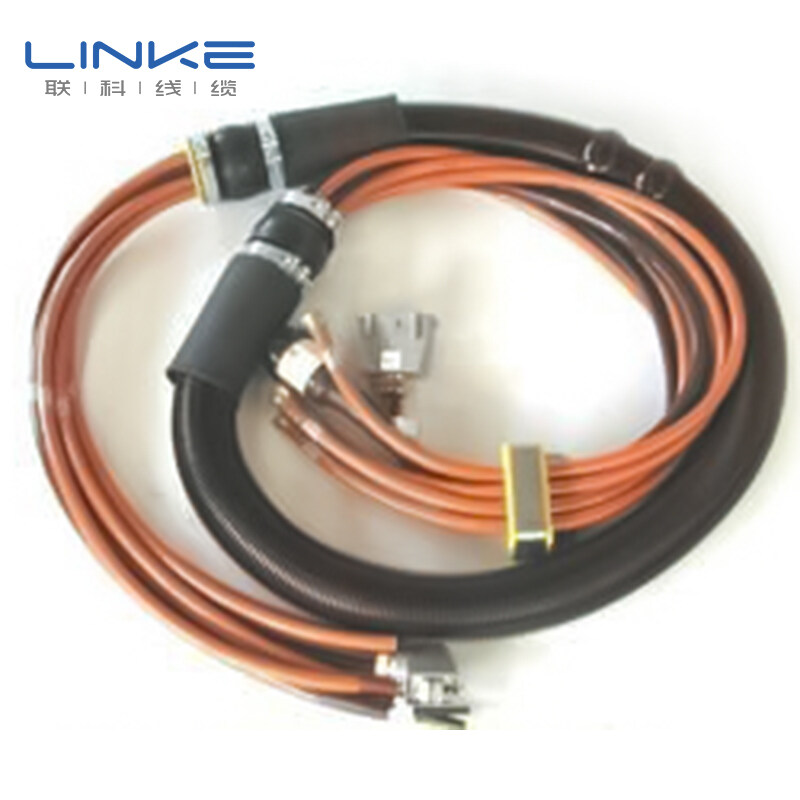Email format error
Email cannot be empty
Email already exists
6-20 characters(letters plus numbers only)
The password is inconsistent
Email format error
Email cannot be empty
Email does not exist
6-20 characters(letters plus numbers only)
The password is inconsistent

News at Linke
News from National Cable And Wire Manufacturing Company.

Exploring the Different Types of Insulation Materials Used in Robot Cable Bulk
When it comes to designing and manufacturing robot cables, the choice of insulation material is crucial for ensuring optimal performance and durability. The insulation material used in robot cable bulk determines its ability to withstand various environmental conditions, mechanical stress, and electrical interference. In this blog post, we will explore some of the different types of insulation materials commonly used in robot cable bulk.

PVC (polyvinyl chloride)
PVC is a widely used insulation material due to its excellent electrical properties and affordability. It offers good resistance to moisture, chemicals, and abrasion, making it suitable for a wide range of applications. However, PVC has a limited temperature range and may become brittle at low temperatures.
PUR (Polyurethane)
PUR is a popular choice for robot cable insulation due to its excellent mechanical properties and resistance to oil, chemicals, and abrasion. It can withstand a wide temperature range, making it suitable for both indoor and outdoor applications. PUR insulation also offers good flexibility, which is essential for robot cables that need to move and bend frequently.
TPE (thermoplastic elastomer)
TPE is a versatile insulation material that combines the properties of rubber and plastic. It offers excellent flexibility, high temperature resistance, and good resistance to chemicals and UV radiation. TPE insulation is also known for its low friction coefficient, reducing wear and tear on the cables during movement.
Silicone
Silicone insulation is highly flexible and can withstand extreme temperatures, making it suitable for applications that require resistance to both high and low temperatures. It offers excellent electrical properties, good resistance to chemicals and UV radiation, and is known for its long-term durability. However, silicone insulation is more expensive compared to other materials.
ETFE (ethylene tetrafluoroethylene)
ETFE is a fluoropolymer insulation material that offers excellent resistance to chemicals, UV radiation, and extreme temperatures. It has a low friction coefficient, reducing the risk of cable damage during movement. ETFE insulation is also lightweight and has good electrical properties, making it suitable for high-performance robot cables.
FEP (fluorinated ethylene propylene)
FEP insulation is similar to ETFE in terms of its properties and applications. It offers excellent resistance to chemicals, UV radiation, and extreme temperatures. FEP insulation is also known for its low friction coefficient and good electrical properties. However, it is more expensive compared to other insulation materials.


